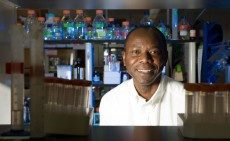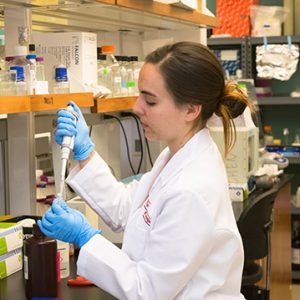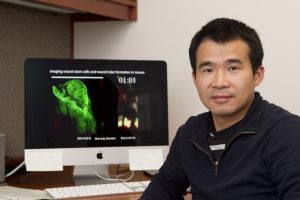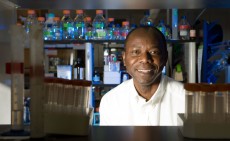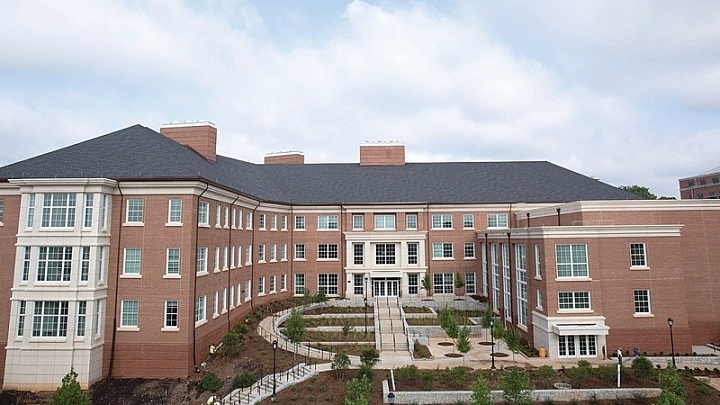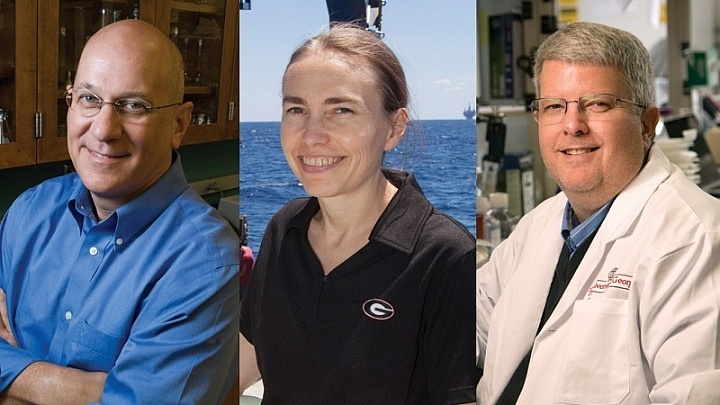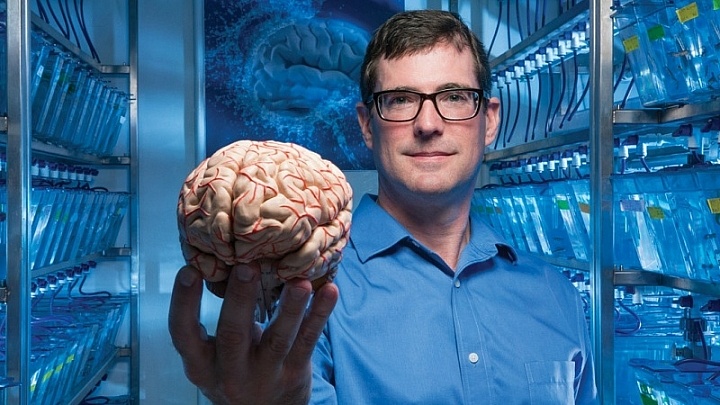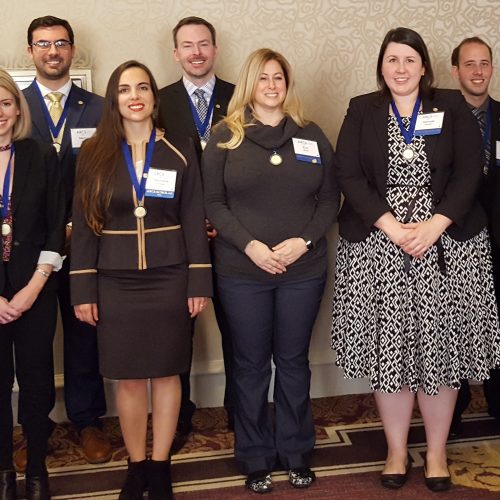
Twelve University of Georgia graduate students have received Achievement Rewards for College Scientists from the ARCS Foundation Atlanta Chapter, which provides financial awards to academically outstanding U.S. citizens working towards degrees in science, engineering or medicine.
The 2016-2017 recipients of the ARCS awards are:
Lydia Anderson, a doctoral candidate in the Department of Infectious Diseases working under the direction of Ralph Tripp. Anderson’s research focuses on determining the mechanisms of immunity and disease pathogenesis associated with respiratory syncytial virus, or RSV. She earned her B.S. in neuroscience and behavioral biology from Emory University. As an undergraduate, she worked as a part-time researcher at the Centers for Disease Control and Prevention. After graduation, she was awarded and ORISE Fellowship at the CDC to continue her research, and she co-authored six publications during that time. This is Anderson’s third year of support from the ARCS Foundation.
John Avery, a doctoral candidate in biochemistry and molecular biology working under the direction of Stephen Dalton. Avery is developing a method to derive brown adipose from human pluripotent cells. Avery worked as a financial advisor and financials fraud investigator for 5 years after graduating from UGA with a B.A. in Spanish. Avery returned to academics, receiving a B.S. in biotechnology and biochemistry from Kennesaw State University in Atlanta, where he became a Presidential Fellow and a Merck/AAAS Scholar. Subsequently, Avery joined the Department of Infectious Disease at the University of Georgia, earning his M.S. while developing therapeutic interventions for malaria during pregnancy. This is Avery’s second year of support from the ARCS Foundation.
Erin Baker, a doctoral candidate in genetics working under the direction of Nancy Manley. Baker studies the molecular mechanisms underlying the fetal to adult transition in thymic epithelial cells. She received a B.A. in biology from St. Petersburg College in Clearwater, Florida, where she developed a keen interest in cell cycle regulation. After graduation, Baker went on to work in a prominent coral microbiology lab at the U.S. Geological Survey, funded by an education award through the AmeriCorps Environmental Stewards Program. This is Baker’s first year of support from the ARCS Foundation.
Daniel Becker, a doctoral candidate and Graduate Research Fellow in the Odum School of Ecology working under the direction of Sonia Altizer. Becker combines field studies with mathematical models to understand how human activities that alter wildlife food resources influence infectious disease dynamics. He is applying this framework to understand how livestock intensification affects transmission of zoonotic pathogens in vampire bats in Latin America. Becker earned his B.A. in anthropology and global health from Bard College before working at the New York Academy of Sciences and Cary Institute of Ecosystem Studies. This is Becker’s third year of support from the ARCS Foundation and was awarded the ARCS Atlanta Foundation’s 25th Anniversary Award.
Heather Bishop, a doctoral candidate in cellular biology working under the direction of Vasant Muralidharan. Bishop studies the role of endoplasmic reticulum chaperones in the human malarial parasite, Plasmodium falciparum. She was awarded a Center for Tropical and Emerging Global Diseases NIH T32 Training Grant for a second year, which will further support her academic studies and training. Bishop received her B.S. in biology from Southern Polytechnic State University, where she worked on several research projects and participated in a summer research program at Emory University. This is Bishop’s third year of support from the ARCS Foundation and third year receiving the ROCHE Scholar Award.
Chris Cleveland, a doctoral candidate in wildlife ecology working under the direction of Michael Yabsley. Cleveland is studying Guinea worm, paratenic hosts and eradication efforts in Africa. He earned his B.S. in biology from the University of North Carolina at Asheville, where he worked with the U.S. Fish and Wildlife Service and as a researcher in northern Arizona investigating ungulate and passerine ecology. Before starting his doctoral program, he earned a M.S. in veterinary and biomedical sciences at UGA. This is Cleveland’s first year of support from the ARCS Foundation.
Kerri Coon, a doctoral candidate in entomology working under the direction of Michael Strand. Coon studies how gut bacteria contribute to the development and reproduction of disease-transmitting mosquitoes. She has received support from the NIH, the UGA Graduate School, and Sigma Xi. She has won several awards for presentations at national meetings, and she has served as a graduate mentor for an NSF REU Program for four years. Coon earned her B.S. in biology and biostatistics from the University of Virginia. In her last year, she was awarded and NSF Graduate Research Fellowship to pursue graduate studies. This is Coon’s first year of support from the ARCS Foundation.
Marcus Goudie, a doctoral candidate in the College of Engineering working under the direction of Hitesh Handa. Goudie is developing new biomaterials to prevent infection and clotting caused by medical devices, focusing his attention on artificial organs for long-term patient support. He received his B.S. in chemical engineering from the University of Michigan and an M.S. in chemical engineering from the University of Pennsylvania. As an undergraduate, he designed microfluidic systems for controlling the contents of microemulsions. He continued his research in microfluidics while working towards his M.S. degree to develop methods for high throughput encapsulation of bacteria and large organisms. This is Goudie’s first year of support from the ARCS Foundation.
Stephanie Herrlinger, a doctoral candidate in neuroscience working under the direction of Jeff Chen. Herrlinger studies brain development and causes of microcephaly, including the Zika virus. She received her B.S. in molecular genetics from the University of Rochester. As an undergraduate, she performed three independent studies, a senior thesis and graduated with a distinction in research. After graduation, she worked as a technical associate at the University of Rochester, where she studied Huntington’s disease, with the resulting work being published in Nature Communications. This is Herrlinger’s first year of support from the ARCS Foundation and received the 2016 Global Impact Award.
Danielle Lambert, a doctoral candidate in health promotion and behavior working under the direction of Nathan Hansen. Lambert studies HIV/STI prevalence and substance use among juvenile justice involved adolescent couples. She earned her B.S. in psychology from the University of North Carolina at Chapel Hill, during which time she studied the effects of positive emotions on resilience and relational outcomes. She went on to receive her M.P.H from Emory University Rollins School of Public Health focusing on sexual risk reduction interventions among African American women. After completing her degree, Danielle continued working at Emory University as a research coordinator on several faith-based HIV prevention interventions among predominately African American churches in Atlanta. This is Lambert’s first year of support from the ARCS Foundation.
Wided Najahi-Missaoui, a doctoral candidate in pharmaceutical and biomedical sciences working under the direction of Brian Cummings. Missaoui is developing novel therapeutic strategies to treat cancer by targeting an overexpressed enzyme in cancer tissues. Missaoui’s research focuses on developing liposome-based drug delivery systems to treat prostate and breast cancer. She earned her doctor of pharmacy from the college of Pharmacy in Tunisia and an M.S. in biochemistry and molecular biology at UGA. She earned a second M.S. in pharmacy from the College of Pharmacy at the University of Iowa. This is Missaoui’s third year of support from the ARCS Foundation.
Cecilia Sanchez, a doctoral candidate in the Odum School of Ecology working under the direction of Sonia Altizer. Sanchez studies the impacts of urban development on Australian bat nutrition, health and infectious disease. She founded Women in Science, or WiSci, at UGA and was the group’s president for two years. In recognition of their efforts to promote mentoring, networking, and professional development, WiSci received UGA’s 2015 Outstanding New Organization award. Sanchez earned her B.S. in ecology and evolutionary biology at Yale University before she spent a year working at the Australian Animal Health Laboratory in Victoria, Australia. This is Sanchez’s first year of support from the ARCS Foundation.
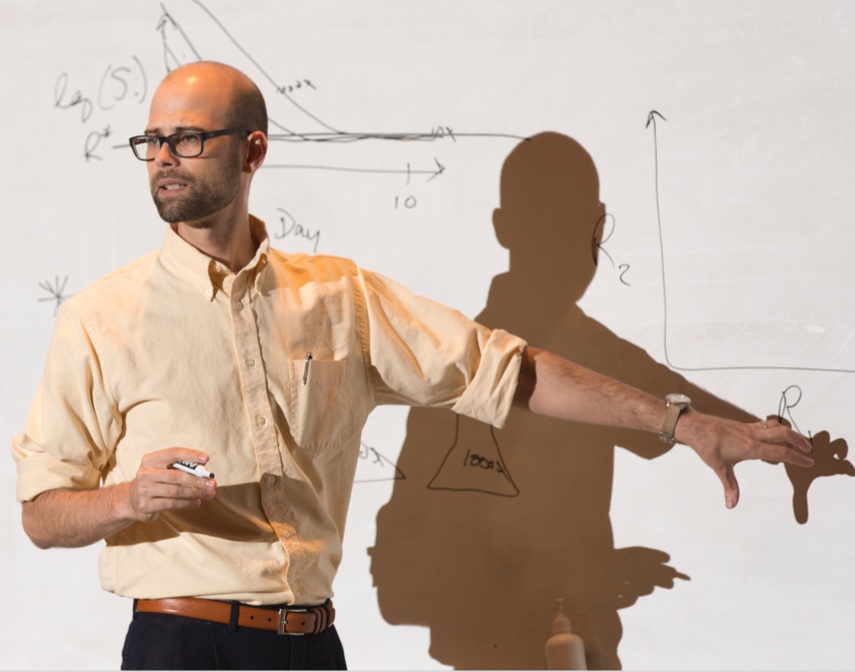 The director of the Center for the Ecology of Infectious Diseases at UGA is working to devise an early warning system for diseases which could save lives and allow public health resources to be used more efficiently and effectively.
The director of the Center for the Ecology of Infectious Diseases at UGA is working to devise an early warning system for diseases which could save lives and allow public health resources to be used more efficiently and effectively.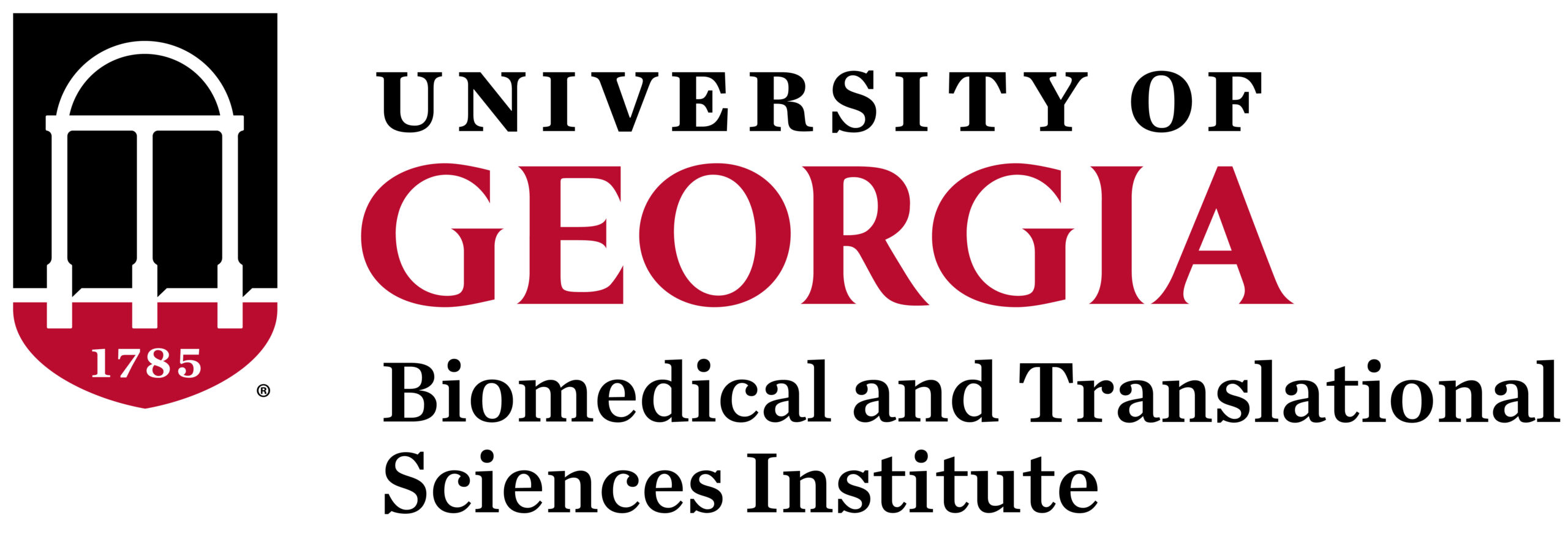

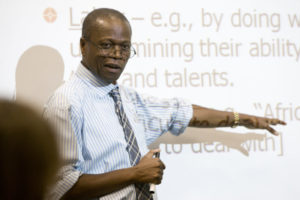
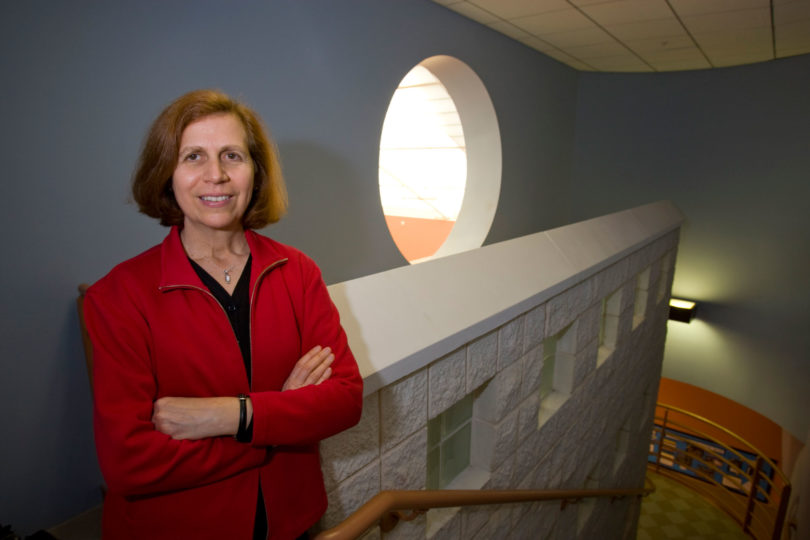 A study conducted by a BHSI faculty member sheds light on how aggression and weak study skills contribute to the national high school dropout right.
A study conducted by a BHSI faculty member sheds light on how aggression and weak study skills contribute to the national high school dropout right.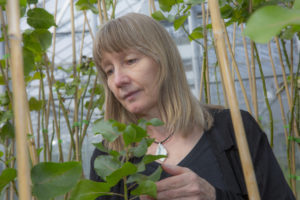
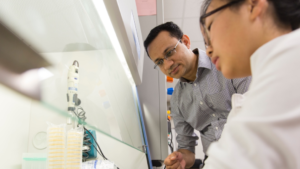
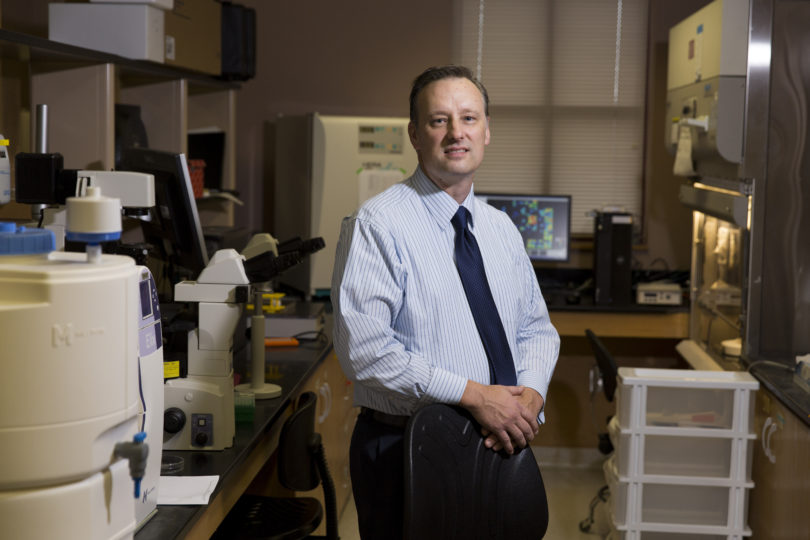 Steven Stice, BHSI Faculty member and director of the UGA Regenerative Bioscience Center, has joined an elite group of 912 innovators hailing from more than 250 prestigious research universities and governmental and nonprofit research institutions by becoming a National Academy of Inventors (NAI) Fellow.
Steven Stice, BHSI Faculty member and director of the UGA Regenerative Bioscience Center, has joined an elite group of 912 innovators hailing from more than 250 prestigious research universities and governmental and nonprofit research institutions by becoming a National Academy of Inventors (NAI) Fellow.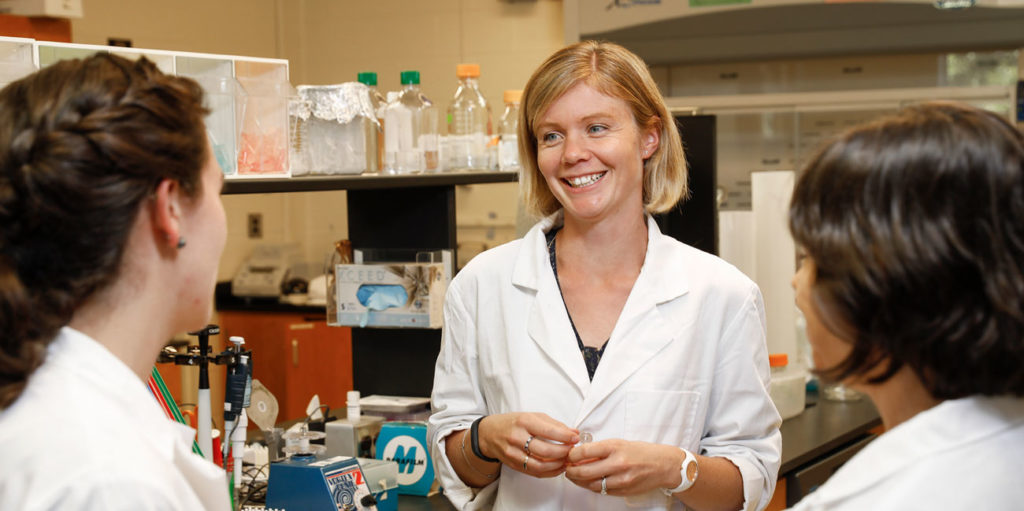 BHSI member Claire de La Serre is eager to discuss her research relating to isolating the triggers of overeating and learning about diet-driven abnormal communication between the gut and the brain. Serre is also an asset to her students as far as keeping them up-to-date on the latest research findings in foods and nutrition, in fact, she was herself once a PhD student in nutrition at the University of California; she then went on to complete her postdoctoral fellowship at John Hopkins School of Medicine in Baltimore. By making it a priority to stay-up-to-date with the latest research findings in scientific literature, Serre encourages her students to carefully analyze research papers themselves and offer up their own interpretations of data.
BHSI member Claire de La Serre is eager to discuss her research relating to isolating the triggers of overeating and learning about diet-driven abnormal communication between the gut and the brain. Serre is also an asset to her students as far as keeping them up-to-date on the latest research findings in foods and nutrition, in fact, she was herself once a PhD student in nutrition at the University of California; she then went on to complete her postdoctoral fellowship at John Hopkins School of Medicine in Baltimore. By making it a priority to stay-up-to-date with the latest research findings in scientific literature, Serre encourages her students to carefully analyze research papers themselves and offer up their own interpretations of data.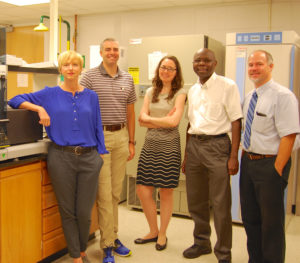 The Drug Discovery Core (DDC) laboratory is a brand-new, campus-wide collaborative facility that is designed to hasten the development of therapeutic drugs for a number of major diseases.
The Drug Discovery Core (DDC) laboratory is a brand-new, campus-wide collaborative facility that is designed to hasten the development of therapeutic drugs for a number of major diseases.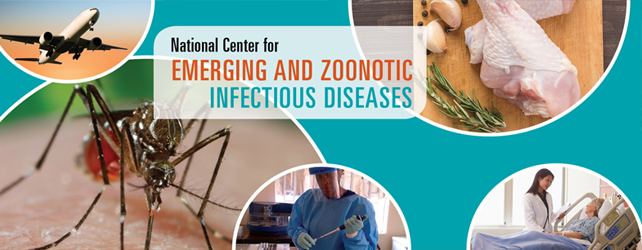
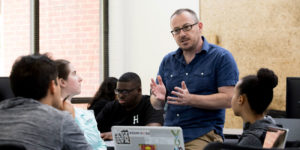

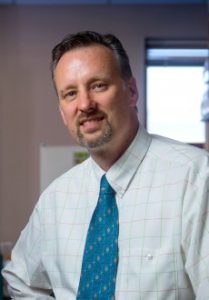
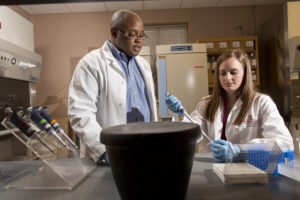

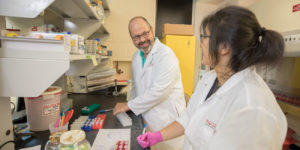
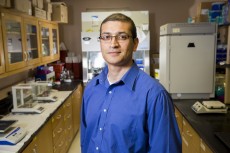 Researchers at the University of Georgia’s Regenerative Bioscience Center have developed Brain Glue, a substance that could one day serve as a treatment for traumatic brain injuries, or TBIs. Lohitash Karumbaiah, assistant professor in UGA’s College of Agricultural and Environmental Sciences, led the team that designed and created Brain Glue. The main difference between Brain Glue and other synthetic hydrogels, according to the team, is the variety of possibilities to trap neural stem cells, improve integration and reduce the likelihood of rejection.
Researchers at the University of Georgia’s Regenerative Bioscience Center have developed Brain Glue, a substance that could one day serve as a treatment for traumatic brain injuries, or TBIs. Lohitash Karumbaiah, assistant professor in UGA’s College of Agricultural and Environmental Sciences, led the team that designed and created Brain Glue. The main difference between Brain Glue and other synthetic hydrogels, according to the team, is the variety of possibilities to trap neural stem cells, improve integration and reduce the likelihood of rejection.